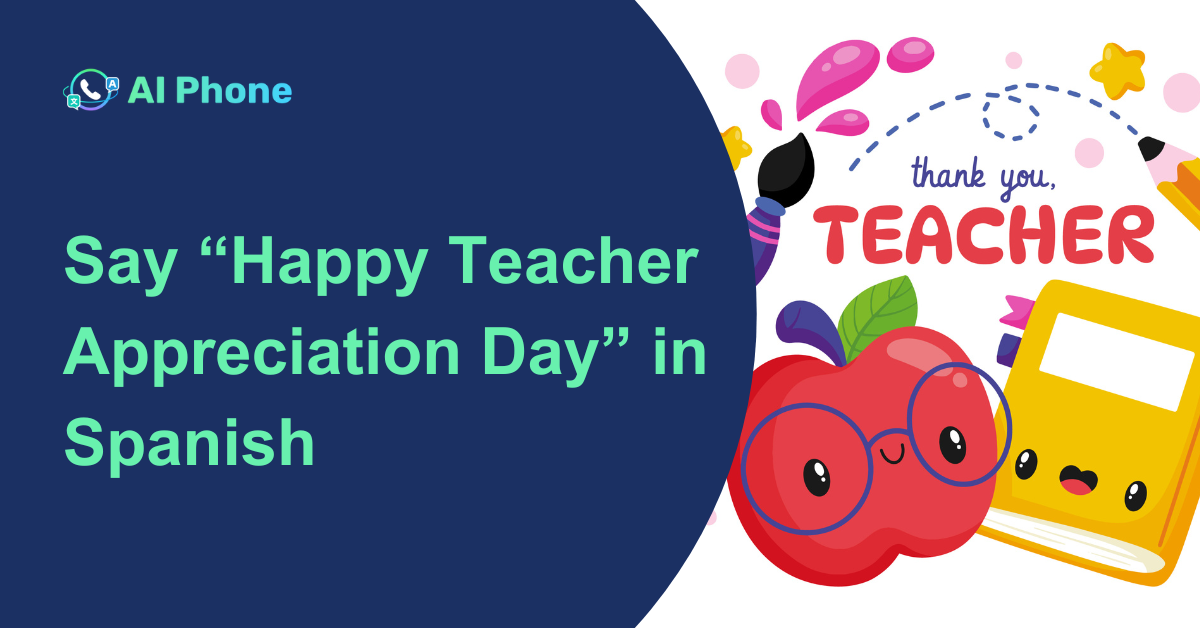English is spoken by over 1.5 billion people around the world, but not all English sounds the same. From London to Lagos, New York to New Delhi, the accent, pronunciation, and rhythm of English vary widely—sometimes so much that even fluent speakers struggle to understand one another.
For immigrants, international students, or remote workers, these accent differences can create unexpected communication barriers. In phone calls with government agencies, schools, employers, or customers, misunderstandings caused by regional English accents are surprisingly common.
What Makes an Accent Hard to Understand?
Not all accents are equally easy—or difficult—to follow. Several factors influence how understandable an English accent is:
- Pronunciation of vowels and consonants
- Rhythm and speed of speech
- Use of local slang or idioms
- Connected speech and dropped syllables
- Background noise or poor call quality
Importantly, a “hard” accent doesn’t mean a “bad” one. Every accent reflects a region’s identity and history. The challenge lies in exposure—people tend to understand accents they hear often.
Top 5 Most Challenging English Accents (According to Surveys)
Based on language learning communities (Reddit, Quora), global ESL forums, and YouGov polls, the following English accents are often considered difficult for non-native speakers:
| Rank | Accent | Region | Common Difficulties |
|---|---|---|---|
| 1 | Scottish English | Scotland (UK) | Strong rolled ‘r’, clipped vowels, fast speech |
| 2 | Irish (Cork/Dublin) | Ireland | Intonation patterns, vowel shifts |
| 3 | Geordie | Newcastle (UK) | Local slang, dropped consonants |
| 4 | South African English | South Africa | Mix of British and Afrikaans influence |
| 5 | Deep Southern American | Southern USA | Drawl, unique vocabulary, slow but hard to follow |
These rankings vary depending on a person’s native language. For example, a Spanish speaker might find Australian English harder than Nigerian English, while a Mandarin speaker may struggle more with Irish accents.
1. Scottish English (Scotland, UK)
Scottish English is often cited as one of the most difficult accents for non-native speakers to understand. The strong rolled ‘r’, clipped vowels, and rapid speech patterns contribute to its complexity. Even fluent English speakers sometimes find it challenging to follow.
2. Irish English (Cork/Dublin, Ireland)
Irish English, particularly from regions like Cork and Dublin, features unique intonation patterns and vowel shifts that can be perplexing. The melody of speech and the blending of words often require careful listening.
3. Geordie (Newcastle, UK)
The Geordie accent, from Newcastle, is known for its distinctive local slang and dropped consonants. Phrases like “Howay man!” (meaning “Let’s go!”) are common, and the accent’s rapid pace can make comprehension difficult for outsiders.
4. South African English
South African English is influenced by a mix of British English and Afrikaans, resulting in unique pronunciations and vocabulary. The accent’s rhythm and certain vowel sounds can pose challenges for listeners unfamiliar with it.
5. Deep Southern American English (Southern USA)
The Deep Southern American accent is characterized by its drawl and unique vocabulary. Phrases like “y’all” (you all) and “fixin’ to” (about to) are commonly used. While the pace may be slower, the distinct pronunciation and idiomatic expressions can make it hard to follow.
What Non-Native Speakers Say
Real users across Reddit, YouTube, and ESL forums often share their reactions:
“I understood every word in a BBC interview until the Scottish guest started talking.”
— Reddit user, r/EnglishLearning
“I had to replay a call with a South African client three times before I caught the meaning.”
— International sales rep on Quora
“Geordie English sounds like another language.”
— TikTok user reacting to Newcastle United post-match interviews
Real-Life Scenarios Where Accents Can Be a Barrier
For migrants and non-native English users, understanding different accents becomes critical in everyday interactions. Common scenarios include:
- Calling a local doctor’s office and being unable to follow instructions due to a thick regional accent
- Speaking with government officials or utility providers on the phone
- Delivery drivers communicating with local customers
- Parents trying to coordinate with schools about their children
- Maintenance workers receiving directions over the phone
Even when both sides speak “English,” the accent gap can lead to confusion, mistakes, and delays.
How AI Phone Helps Bridge Accent Gaps
AI Phone is a real-time voice translation app available on iOS and Google Play. It supports over 150 languages and regional accents, including major English dialects such as British, American, Australian, Indian, and South African.
Key features relevant to accent handling:
- Real-Time Call Translation: Instantly translates what you and the other person say during a phone call, regardless of accent.
- WhatsApp & WeChat Call Translation: Supports voice and video calls on major platforms—useful for everyday chats and business.
- Voice Cloning: You can clone your own voice so the translated speech still sounds like you, helping maintain tone and clarity.
- Smart Summary: After a call, the app provides a summary so you can review key points—useful if you missed something due to an accent.
While AI Phone doesn’t eliminate accents, it acts as a buffer—ensuring that the message is understood even if the pronunciation is tricky.
Final Thoughts
English’s global nature is part of what makes it powerful—but also complex. Understanding different accents isn’t just about improving your listening; it’s about improving your life.
If you’ve ever struggled to understand someone during an important call, know that you’re not alone—and there are tools designed to help. With a combination of real-world exposure and real-time translation support like AI Phone, navigating English in its many forms becomes much easier.

